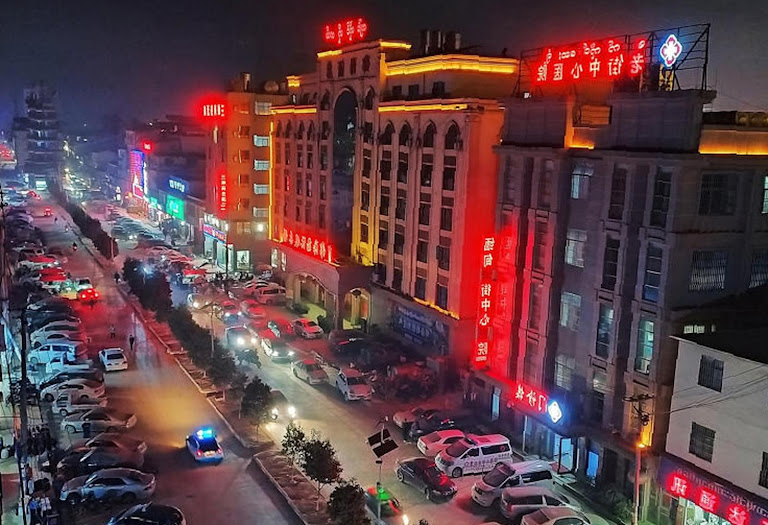Southeast Asia’s Digital Dreams Trap Workers in Global Scam Web
Lured by online dreams, Mandarin speakers become cogs in Southeast Asia’s booming scam industry, fueling transnational crime.

A single thread, plucked from the digital loom of the 21st century, unravels a garment stained with desperation and deceit. The Bangkok Post reports the rescue of a Chinese national, Zhong — identity obscured, motives unquestioned — lured from Thailand to Myanmar under the guise of a photoshoot, only to be ensnared in a trafficking scheme. But fixating on Zhong’s individual plight obscures the systemic rot: a sprawling ecosystem of exploitation fueled by the dark underbelly of globalization and enabled by our relentless pursuit of connection at any cost.
It’s a familiar, and deeply unsettling, script. The allure of digital stardom, the promise of economic mobility, the swift descent into a world of online scams and forced labor. The Chinese embassy’s terse warning about “dubious ‘high-paying jobs’” is less a solution than an admission of defeat. The UN estimates hundreds of thousands are caught in this web, concentrated along the lawless peripheries like the Thai-Myanmar border. This isn’t a series of unfortunate accidents; it’s a sophisticated, transnational criminal enterprise built on the chasm between aspiration and reality.
“emergence of new telecommunication network fraud methods”
The cases like Zhong’s, and that of the Chinese actor before him, aren’t just isolated instances of bad luck. They are symptoms of a tectonic shift in global criminal enterprise, accelerated by technology and fueled by the seemingly insatiable demand for cheap labor in the ever-expanding universe of online fraud. But it’s not just cheap labor they seek, it’s cheap skilled labor: Mandarin speakers adept at social engineering, coding, and navigating the complex digital terrain of online gambling and cryptocurrency scams.
Why is this happening now, and on this scale? Consider it a brutal accounting of globalization’s profoundly unequal ledger. For every gleaming skyscraper in Shenzhen, there are countless forgotten villages, and for every beneficiary of free trade, there’s someone left behind, vulnerable to the siren song of the digital gold rush. Think of the hukou system, China’s decades-old household registration policy that has historically restricted internal migration and access to social services, creating a vast pool of under-protected workers ripe for exploitation. These pre-existing vulnerabilities are then amplified by the unbridled, often unverifiable, promises of hyper-connectivity. The dream of upward mobility, once anchored in factories and infrastructure projects, is now sold in the ephemeral currency of likes, shares, and follower counts.
This isn’t a novel problem; exploitation is as old as humanity itself. But its current form is uniquely insidious, cloaked in the language of opportunity and amplified by the very technologies intended to connect us. Professor Siddharth Kara, whose research meticulously exposes the architecture of modern slavery, reminds us that this isn’t an anomaly, but a feature of our globalized economy, deeply entwined with the supply chains that deliver our goods and services. The crisis in Southeast Asia, in this light, is not a regional problem, but a global indictment.
The creation of a joint coordination center in Bangkok between China and Thailand is a step, but akin to rearranging deck chairs on the Titanic. True solutions require a multi-pronged assault: addressing the root causes of economic desperation, investing aggressively in digital literacy and critical thinking skills, and forging genuinely cooperative international law enforcement mechanisms. But even these are temporary reprieves. We need a fundamental reckoning with globalization itself: acknowledging not just its capacity for wealth creation, but its inherent tendency to concentrate power, exacerbate existing inequalities, and create fertile ground for new forms of exploitation that thrive in the digital shadows. The rescue of Zhong is a moment to celebrate a life saved, but also a piercing reminder of the price we pay for a world relentlessly chasing connection and profit, often at the expense of humanity itself.









